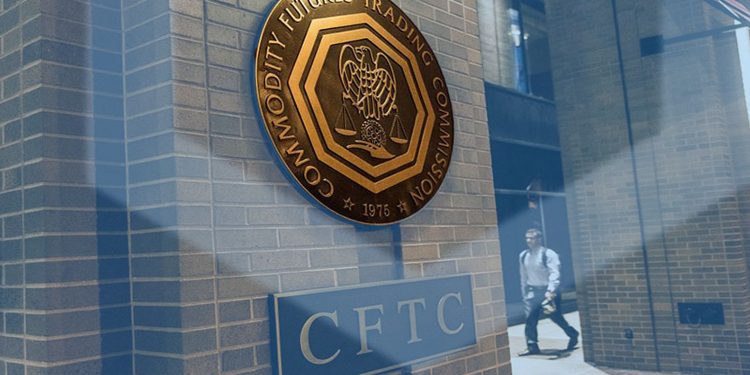The Florida Court has officially appointed Melanie Damian from Damian & Valori LLP to be the temporary receiver in the current action the CFTC has against three individuals and their associated companies. The action itself came in regard to the entities as mentioned above being engaged in a fraudulent scheme that planned to solicit retail investors for trading in forex, crypto, and binary options.
Three Men From Across The Globe Accused
The appointment of Melanie comes almost directly after the filing of the CFTC’s complaint, which claimed that the defendants had managed to defraud unsuspecting customers across the entire US, as well as beyond, managing to gain $20 million in illicit funding through doing so.
The US-based derivatives regulator had officially filed its fraud lawsuit against the defendants within the Florida Southern District Court. They did so against Daniel Fingerhut, a Florida resident, as well as Itay Barak and Tal Valarioloy, both of which are from Tel Aviv. These three individuals had been charged with operating a marketing company based in Israel, Digital Platinum Limited Inc (DPL), as well as two other associated entities. These entities operated under the brands of Huf Mediya Ltd (Huf) as well as Digital Platinum Inc (DPI) and operated within Bulgaria and the US, respectively.
Failure To Justify Themselves
The CFTC had also obtained judgments against one Aicel Carbonero, having him be designated as a relief defendant. The judgment was to seize the funds that she had received from the fraudulent activities of Fingerhut. The CFTC had concluded that she had failed to provide any evidence that supported her claim that the money stood as part of a real estate transaction, and has seen it fit for seizure.
The court papers explained that Carbonero had failed in providing any form of legitimate services to Digital Platinum Defendants or AIP. Further statements noted that she doesn’t hold any entitlement or interest within Fingerhut’s home.
A Scam Like Any Other
As the story goes, Fingerhut had apparently “quit-claimed” the deed to his house for $10 to Carbonero, after he realized the scheme was coming apart at the seams.
The scheme itself, according to the CFTC, was the production of misleading promotional content that was subsequently viewed millions of times. This content caused more than 60,000 people to open their accounts to trade in a variety of assets within the defendants’ unregulated brokers. Those who fell victim to it were mandated to pay a minimum deposit of $250.









